Masters in High Performance Sport
Masters in High Performance Sport
Mode
On Campus
ECTS Credit
60 ECTS
Tuition Fees
9000 Euro
Duration
1 Year
Campus
Mumbai
Why study High Performance Sport with us?
- Strategies for analysing research methodologies in sports performance
- Integration of qualitative and quantitative designs
- Application of physiological, biomechanical, and social principles
- Identification of physiological changes in sports interventions
- Recognition of health risks in athletes
- Use of scientific databases for literature review
- Preparation with combined scientific and practical knowledge in sports science

Masters information
This Master’s Degree in High Performance Sport: Strength and Conditioning aims to enhance students’ knowledge and experience in Strength and Conditioning. It focuses on developing expertise in strength and fitness training and applies the latest research trends in the field. Our faculty comprises esteemed scientific experts who deliver comprehensive instruction across various disciplines of Strength and Conditioning.
Objectives
- Expand student expertise in Strength and Conditioning
- Cultivate specialized knowledge in strength and fitness training
- Promote understanding and application of current sports research
- Embed strong values of professional ethics and social responsibility
- Encourage scientific research and effective presentation of findings
Student profile
The Master’s Degree in High Performance Sport: Strength and Conditioning is designed for professionals specializing in strength and fitness training, focusing on the latest research trends in the field. Renowned experts lead classes across various disciplines of Strength and Conditioning.
Admission Requirements:
- Academic Qualification: Applicants need a bachelor's degree from a European Higher Education Area institution or equivalent, ensuring a solid academic foundation
- Admission Process: Candidates undergo evaluation based on academic credentials, professional experience, and potential contribution to the program
Career Opportunities
Upon completion of this degree, you’ll be well-prepared to pursue a range of exciting career opportunities, including:
- Personal trainer
- Athletic Director
- Sports Coach
- Exercise Physiologist
- Sportswriter
- Fitness Manager
- Physical Therapist
- Sports Therapist
- Facilities Manager
- Scout
- Sports Commentator
- Sports Director
- Teacher
- Nutritionist
- Sales Manager
- Sport Marketer
- Faculty
- Kinesiologist
- Marketing
- Orthopaedic Surgeon
- Public Relations
- Rehabilitation
- Activities Director
International student mobility
UCAM emphasises international student mobility, ensuring you gain a global perspective. This international exposure is critical in today’s interconnected world, preparing you to work in diverse environments and understand the global nature of the industry.
NSCA
UCAM´s Master in High Performance Sports is one of the few graduate programs recognized in the world by NSCA (National Strength and Conditioning Association). This means that our program is a unique opportunity for students to become the most qualified individuals on the market when it comes to high performance sports. Students have the ability to earn the NSCA-CPT or the NSCA-CSCS credentials, which ultimately opens future doors both professionally and financially for our graduates.

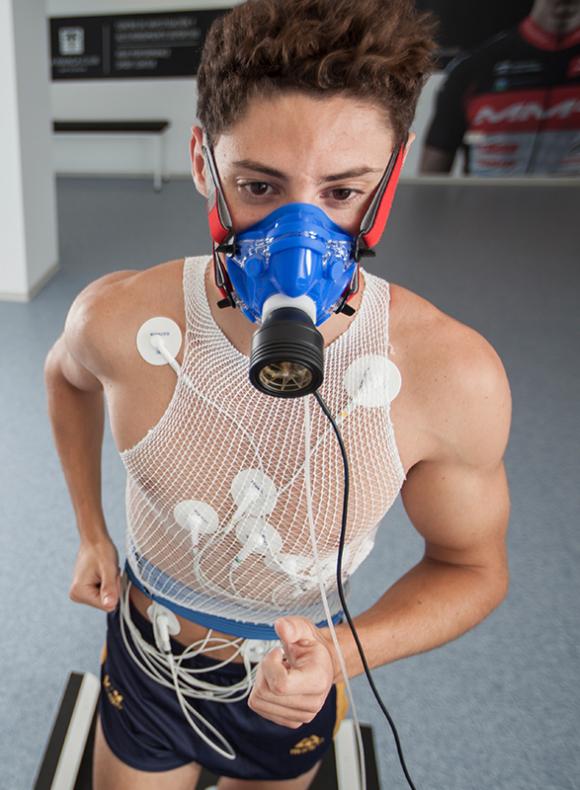

Module Master
Subject | ETCS | Academic Term |
| I. Research Methodology | 10.0 | 1º |
II. Computer and Research Methods in Strength and Conditioning | 3.5 | 1º |
| III. Scientific Principles of Strength and Conditioning | 4.5 | 1º |
IV. Exercise Physiology | 4.5 | 1º |
V. Biomechanics and Movement Analysis | 4.5 | 1º |
VI. Program Design as related to Strength and Conditioning | 6.0 | 2º |
VII. Sport Nutrition and Ergogenic Aids | 4.5 | 2º |
VIII. Strength Training and Conditioning in the Elderly | 4.5 | 2º |
| IX. Practicum | 6.0 | 2º |
| X. Master’s Thesis | 12.0 | 2º |
| Total | 60.0 |
Schedule by Module
Module I. Research Methodology
The rationale for this module is to facilitate all students, some of who may not have the necessary research training, into the world of research methodology. It’ll provide the foundation necessary for students to conduct scientific work.
Module II. Research and Computer Methods in Strength and Conditioning
This module will prepare students on how to apply statistics on variables used in sport science. Students will become familiar on how to treat, analyze and interpret data collected from study experiments. Specifically, students will be able to: compare descriptive statistics, construct and analyze statistical graphs using computer software, calculate probabilities using laws of probability and discrete and continuous probability distributions, estimate parameters with confidence intervals, perform hypothesis tests, create and apply regression models based on experimental data and evaluate published statistical results.
Module III. Scientific Principles of Strength and Conditioning
This module will cover: neural mechanisms involved in strength and power, recruitment of selective motor units, electromyography, increased firing frequency, total increase recruitment, mechanics involved in muscle strength and power, muscle hypertrophy, muscle fiber type, muscle protein expression, musculoskeletal stiffness, muscle architecture.
Module IV. Exercise Physiology
This module seeks to examine the acute and chronic responses to anaerobic and aerobic training, specifically the endocrinological, biochemical, immunological, molecular and biological adaptations. Additionally, detraining and concurrent strength and endurance training will be studied.
Module V. Biomechanics and Movement Analysis
This module introduces students to the concepts that affect human movement, including the laws of physics, which govern the interaction of the human body with its environment, with particular reference to strength and conditioning exercises. The mechanics of the human body as a machine will be examined in detail.
Module VI. Program Design as related to Strength and Conditioning
This module examines the advanced study of resistance training with specific emphasis on hypertrophy, strength and power. Topics that will be covered include: plyometrics, Olympic lifts and their variants, sport-specific resistance training and power optimization, and the theory and integration of the annual plan in relation to preparation of elite athletes and teams.
Module VII. Sports Nutrition and Ergogenic Aids
This module will review: the classification and function of essential nutrients during exercise, essential elements of an athlete’s diet, ergogenic aids, specific nutritional supply in different sports (e.g., endurance strength, team, combat), and food in special situations.
Module VIII. Strength Training and Conditioning in the Elderly
Module contents include: a) conditional evaluation of the elderly, b) changes in the anatomy and physiology of the organs and systems during the aging process, c) assessments of risk factors for coronary heart disease, other diseases and lifestyle, d) psychological aspects of aging, e) physical activity and its relationship to the diseases of aging, f) gait biomechanics, g) new methods of science-based training, and h) considerations for designing programs for older adults.
Module IX. Practicum
The practicum builds upon and consolidates skills and knowledge acquired from the curriculum. Students further their understanding of theoretical concepts of strength and conditioning by developing and conducting their Master’s thesis project, under the guidance of an advisor in the related field of interest. Much of the weight of the practicum lies in conducting research practices.
Practical experiments are generally performed in the Biomechanics Laboratory, Research Center in High Performance Sport, and UCAM Sports Center. Students can also apply to carry out their practicum at Porto University (Portugal). A minimum 3 months stay is required if students are approved to conduct their practicum at Porto University.
Module X. Master’s Thesis
To obtain the Master’s Degree in High Performance Sport: Strength and Conditioning, all students must successfully pass the Master’s Thesis (MT). The MT should reflect the knowledge and skills acquired from the curriculum. The MT will be original, unpublished and will address issues related to the practices carried out during the Practicum. Students will publicly present and defend their Master’s thesis. Overall, the MT content and size must be proportional to 12 ECTS (300 hours).
Subject | ETCS | Academic Term |
| I. Research Methodology | 10.0 | 1º |
II. Computer and Research Methods in Strength and Conditioning | 3.5 | 1º |
| III. Scientific Principles of Strength and Conditioning | 4.5 | 1º |
IV. Exercise Physiology | 4.5 | 1º |
V. Biomechanics and Movement Analysis | 4.5 | 1º |
VI. Program Design as related to Strength and Conditioning | 6.0 | 2º |
VII. Sport Nutrition and Ergogenic Aids | 4.5 | 2º |
VIII. Strength Training and Conditioning in the Elderly | 4.5 | 2º |
| IX. Practicum | 6.0 | 2º |
| X. Master’s Thesis | 12.0 | 2º |
| Total | 60.0 |
John Doe
John Doe
John Doe
John Doe
Rankings
The university follows an internal process of constant renewal and accreditation to maintain the most limited quality changes in our educational system.
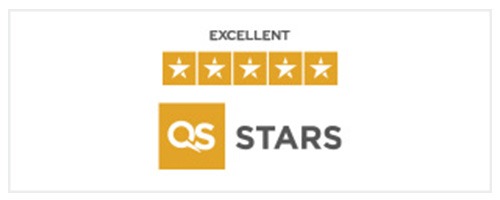
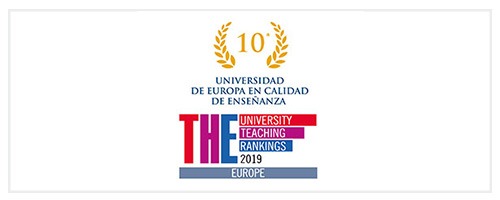
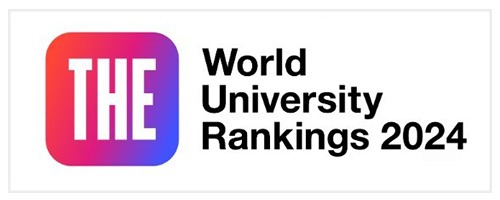
More information on UCAM Rankings
Verification Dossier
- Positive Evaluation Report for the High Performance Sport: Strength and Conditioning Master by ANECA
- Positive verification report of the High Performance Sport: Strength and Conditioning Master by the Council of Universities (Ministry of Education)
- Publication of the Official Bulletin of the Region of Murcia (BORM) of the Master in High Performance Sport: Strength and Conditioning for the authorization of the implementation by the Autonomous Community of the Region of Murcia (CARM)
- Publication in the Official State Bulletin (BOE) of the Master in High Performance Sport: Strength and Conditioning (2013)
- Publication in the Official State Bulletin (BOE) of the Master in High Performance Sport: Strength and Conditioning (2015)
- Register of Universities, Educational Centers and Masters (RUCT) Inscripción en el Registro de Universidades, Centros y Títulos
- Verification Report for the Official Master in High Performance Sport: Strength and Conditioning
Modifications:
- Positive evaluation of the proposed modifications to ANECA (2013/2014)
- Positive evaluation of the prosposed modification to ANECA (2020/2021)
Monitoring Reports and Improvement Plans for the High Performance Sport. Strength and Conditioning Master:
- Follow-up reports: [2013/2014]
- Improvement Plan: [2013/2014]
- Official Accreditation Program. Course 2015-2016:
- Official Accreditation Program. Course 2019-2020
Quality System
Title Quality Committee
The Commission on the Quality of the Master (CCT) of High Performance Sport: Strength and Conditioning Master, is dedicated to the revision, updating and improvement of the training programs.
Training outcomes: rates
Fulfillment of the objectives with respect to obtaining the competences of the Master and the values of each indicator. The rates measure the evolution of the values of a set of indicators.
Evaluation and improvement of the quality of the title
The Quality Committee of the Master in High Performance Sport: Strength and Conditioning (CCT) is aware of its constitution and structure, several actions have been developed to evaluate and improve the Master.
Satisfaction
- Report on the Master of student satisfaction with the title
- Stakeholder Satisfaction Analysis Procedure (PM 02):
This procedure aims to ensure that the San Antonio Catholic University (UCAM) has mechanisms in place that allow it to obtain information on the satisfaction of the various interest groups (students, academic staff, administration and services personnel, employers, graduates…) in order to make decisions on improving the quality of the teaching provided.
Internal quality assurance system
The University has an internal Quality Assurance System. For more information click here.
Legislation and Regulations
Legislation applicable to the organization of official university studies, general and academic regulations of the San Antonio Catholic University and the official nature of the degree.
Suggestion Box
We have set up an accreditation mailbox so that any member of the University Community can contact it and make any suggestions or considerations they deem appropriate regarding the Self-Report made by each Degree, which is accessible through its website. You must select the name of the Degree on which you are going to make your comments. The purpose of this initiative is to contribute to the continuous improvement of the title, thus participating in this Accreditation Process.
University Defender
1. Complaint / Suggestion to the Title. First Instance.
- BEGINNING: The process begins, at the request of any member of the university community, by inserting the complaint or suggestion in the support platform.
- INSTRUCTION: The Commission of Quality of the Degree will proceed to the study and evaluation of the same, having a maximum of fifteen working days to issue and transfer a resolution containing, if appropriate, the relevant corrective actions.
- COMMUNICATION OF THE RESPONSE TO THE USER: Once the resolution has been issued, it will be communicated to the requesting user through the web application where the complaint/suggestion form is filled in, as well as through the e-mail address informed in the same for notifications.
2. Claim before the University Ombudsman. Second Instance.
If the resolution issued by the Commission on the Quality of the Degree does not satisfy the user, through the support platform.
The University Ombudsman, once the information of all parties has been gathered and the applicable regulations have been reviewed, will evaluate the content of the complaint/suggestion presented and will issue, within a maximum period of thirty working days, a resolution that will be sent to the user through the web application designed for this purpose.
Note: Student Care can assist if needed.
Contact through email: studentcare@ucam.edu

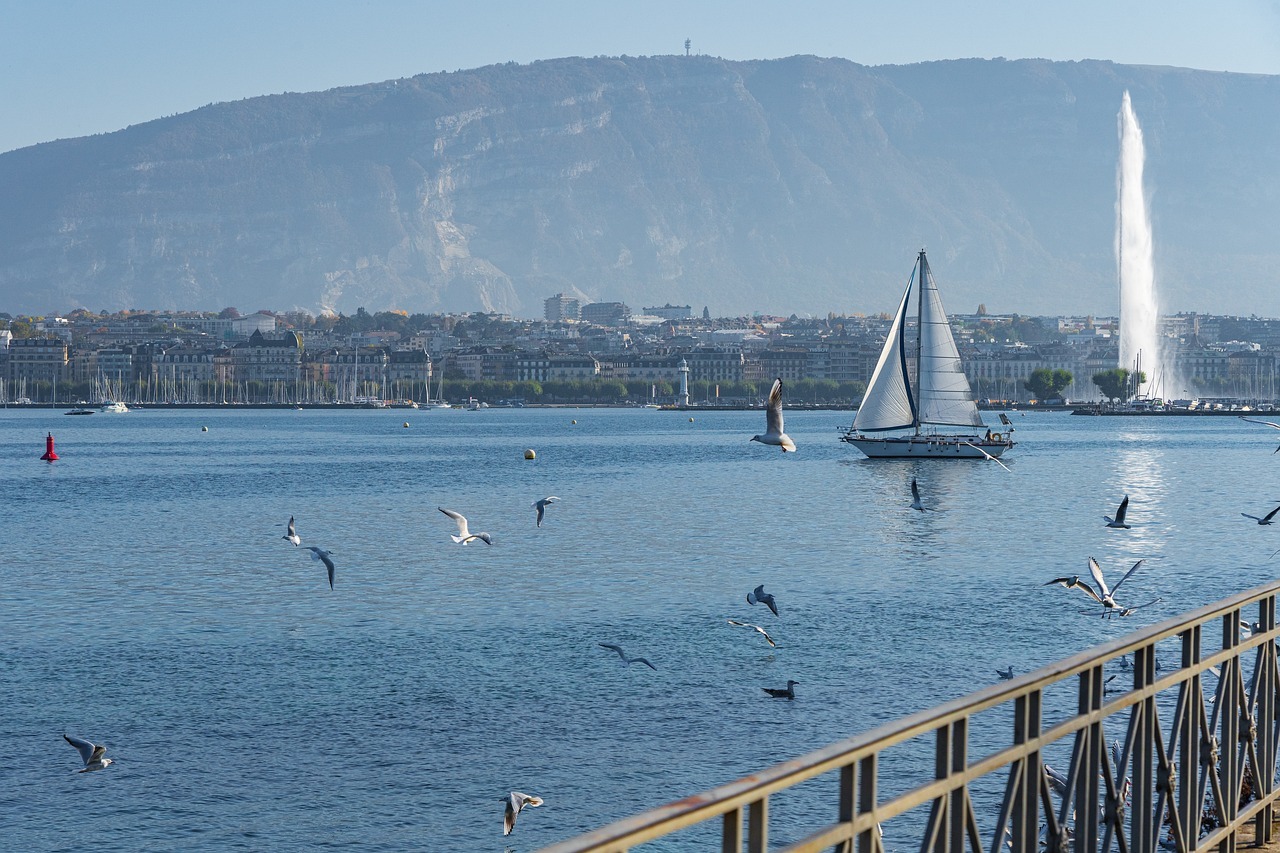

Europe Trip
During the course, students will have the exciting opportunity to participate in an international educational trip to Europe. This trip is designed to let students explore diverse cultures and historical sites, and also enjoy the various tourist attractions. A highlight of the trip will be a visit to our campus in Spain. Here, students will get to experience the campus environment first-hand, attend special sessions, and interact with faculty and peers.
Overall, the trip will last for 3 to 4 weeks, providing ample time for both educational activities and sightseeing.
